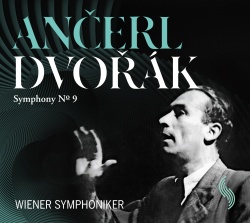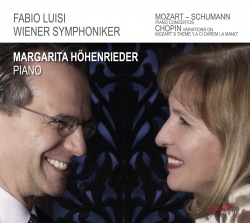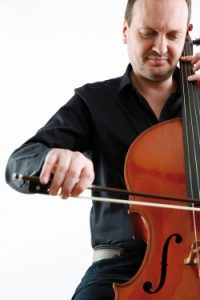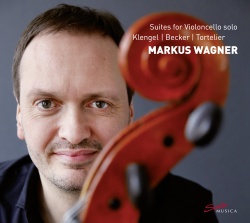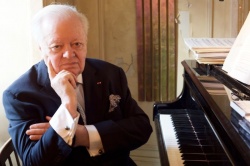 Born in Reims in 1934, Philippe Entremont is one of the most famous pianists and French orchestra conductors. The exceptional career of Philippe Entremont began at the age of eighteen when he came to the international attention with his great success at New York’s Carnegie Hall playing Jolivet’s piano concerto and Liszt’s Piano Concerto No. 1. Since then, he has pursued a top international career as a pianist, and for the last 40 years on the podium as a conductor as well.
Born in Reims in 1934, Philippe Entremont is one of the most famous pianists and French orchestra conductors. The exceptional career of Philippe Entremont began at the age of eighteen when he came to the international attention with his great success at New York’s Carnegie Hall playing Jolivet’s piano concerto and Liszt’s Piano Concerto No. 1. Since then, he has pursued a top international career as a pianist, and for the last 40 years on the podium as a conductor as well.
Mr. Entremont has guest conducted European and American orchestras as well as performing numerous piano and chamber music concerts. He has toured all over the world with many orchestras including the Wiener Kammer Orchestra, the Netherlands Chamber Orchestra, the Israel Festival Orchestra, the Munich Symphony Orchestra and the Deutsche Staatsphilharmonie.Mr. Entremont is renown as an orchestral conductor and with his dedication to developing orchestras’ artistic potential has led to numerous international tours, playing before full houses all over the world with the Wiener Chamber Orchestra – Europe, USA, South America, Japan, China, Australia and New Zealand. An eleven concert tour with the Orquestra de Cadaqués in the city capitals of various countries in Asia.
As principal guest conductor of the Munich Symphony Orchestra, he has led tours internationally, including in the US in 2005 & 2006, conducting from the piano as well as the podium. He returned in both capacities for the Munich Symphony’s highly successful 15-concert US tour in February of 2009. Mr. Entremont is currently a lifetime laureate conductor of the Munich Symphony Orchestra. In 1997, Philippe Entremont founded the biennal Santo Domingo Music Festival, of which he was the Artistic Director and Conductor of the Festival Orchestra. He is also Principal Guest Conductor of the Orquestra de Cadaqués, and has also conducted the Tokyo-based Super World Orchestra.
He was also among the 10 world-class pianists chosen to perform in the “Piano Extravaganza of the Century” at the 2008 Beijing Olympic Games.
Mr. Entremont was Music Director of the New Orleans Philharmonic Orchestra between 1981 & 1986, after which he became Music Director of the Denver Symphony. He was also Chief Conductor of the Netherlands Chamber Orchestra until 2002. After having served as Music Director and Chief Conductor of the Vienna Chamber Orchestra for almost thirty years with which he has performed in more than 800 concerts, he is now Conductor Laureate for Life. He was also Music Director of the Israel Chamber Orchestra and is also their Conductor Laureate as well.
Mr. Entremont has directed the greatest symphony orchestras of Europe, Asia and America in the cities of Philadelphia, San Francisco, Detroit, Minnesota, Seattle, St. Louis, Houston, Dallas, Pittsburgh, Atlanta, Montreal, The Academy of Saint Martin in the Fields, The Royal Philharmonic Orchestra, the Orquestra Nacional de España, the Academy of Santa Cecilia of Rome, l’Orchestre National de France, the orchestras of Göteborg, Stockholm, Oslo and Warsaw, the NHK of Tokyo, the KBS Orchestra of Seoul, the Vienna Symphony and the Philharmonic Orchestra of Bergen, to name a few.
Mr. Entremont has worked with the world’s greatest soloists, both instrumental and vocal. One of the most recorded artists of all time, Philippe Entremont has appeared on many labels, including CBS, Sony, Teldec and Harmonia Mundi, and has garnered all of the leading prizes and awards in the industry.
In 2014 Sony Music issued a boxset of 19 CDs of all piano concerts he played under the direction of Eugene Ormandy, Leonard Bernstein, Seiji Ozawa, Charles Dutoit, Jean Martinon to name a few…
Mr. Entremont is the Commander of the French Legion of Honor, Commander of the Order of Merit, Commander of the Order of Arts et Lettres. He has also been awarded the Great Cross of the Austrian Order of Merit. He was for 20 years the Director of the famed American Conservatory of Fontainebleau, a function formerly held by the legendary Nadia Boulanger.
Discography
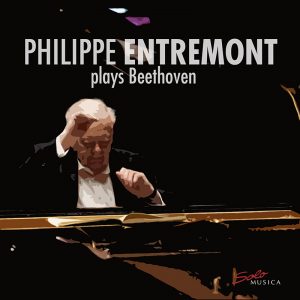
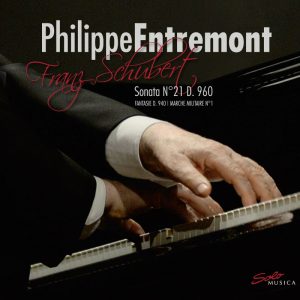
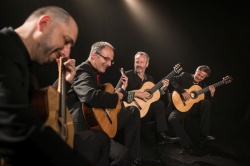 In order to lend its own face to the numerous and varied projects and productions by the Eos Guitar Quartet [Marcel Ege, Julio Azcano, David Sautter, Michael Winkler] not only in concert, but also on recordings, the eos guitar edition was founded.
In order to lend its own face to the numerous and varied projects and productions by the Eos Guitar Quartet [Marcel Ege, Julio Azcano, David Sautter, Michael Winkler] not only in concert, but also on recordings, the eos guitar edition was founded.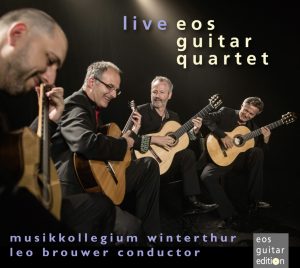
 Born in Reims in 1934, Philippe Entremont is one of the most famous pianists and French orchestra conductors. The exceptional career of Philippe Entremont began at the age of eighteen when he came to the international attention with his great success at New York’s Carnegie Hall playing Jolivet’s piano concerto and Liszt’s Piano Concerto No. 1. Since then, he has pursued a top international career as a pianist, and for the last 40 years on the podium as a conductor as well.
Born in Reims in 1934, Philippe Entremont is one of the most famous pianists and French orchestra conductors. The exceptional career of Philippe Entremont began at the age of eighteen when he came to the international attention with his great success at New York’s Carnegie Hall playing Jolivet’s piano concerto and Liszt’s Piano Concerto No. 1. Since then, he has pursued a top international career as a pianist, and for the last 40 years on the podium as a conductor as well.

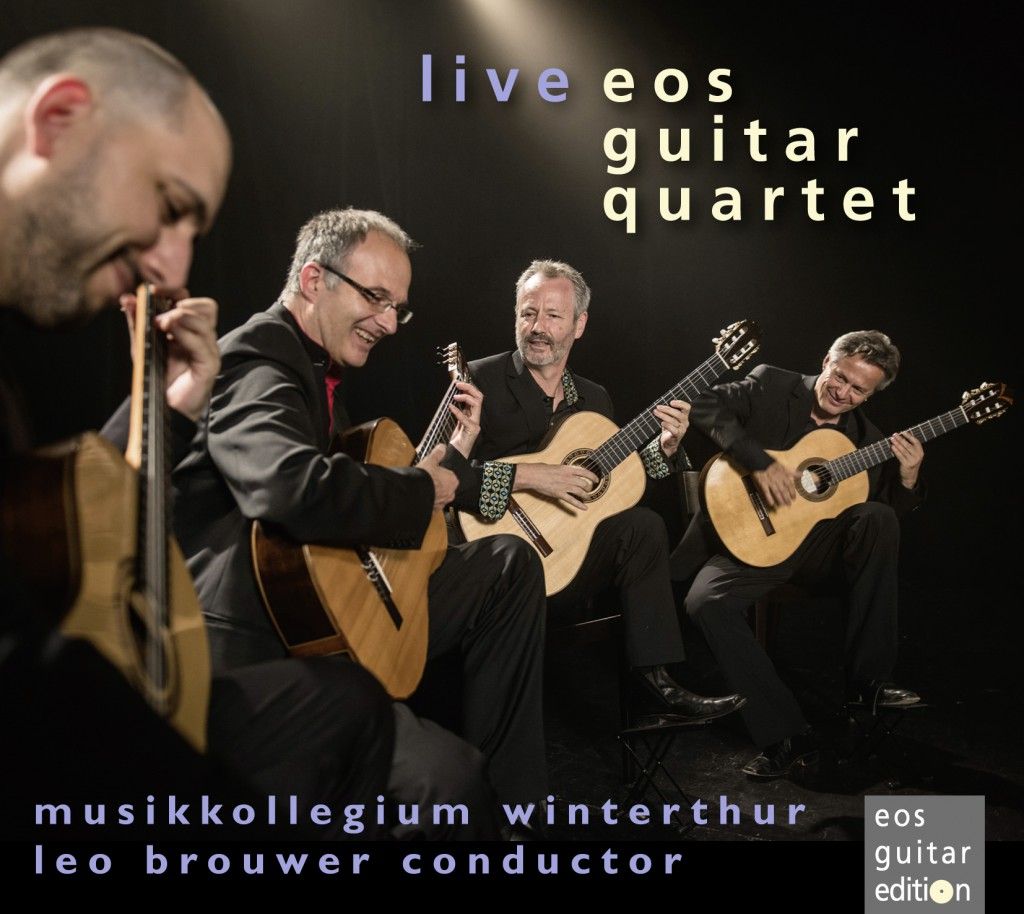

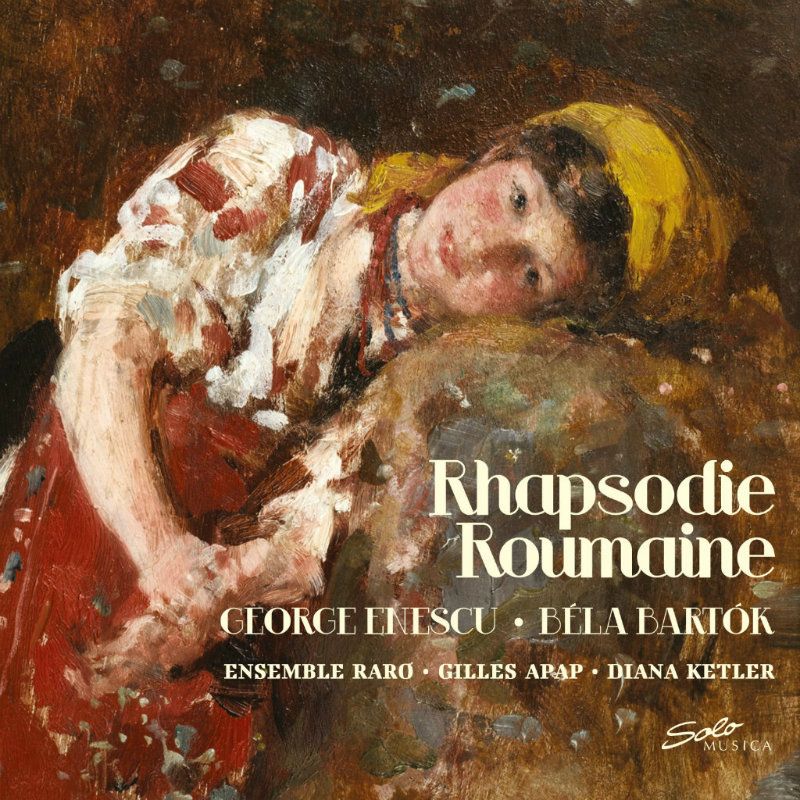
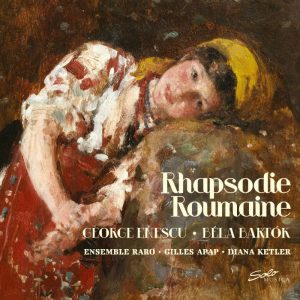
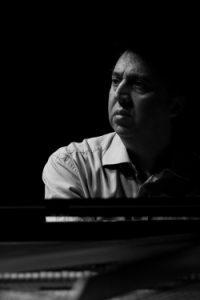 Islam Manafov was born in Baku, the capital city of Azerbaijan, and studied at the Baku Music School during the years 1977-1981. In 1979 he won 1st prize in the “Azerbaijan Young Pianists Competition”, attracting the attention of the musical scene. Following this achievement, at the age of 17, he performed S. Rachmaninov’s Piano Concerto No.3 under the world famous Maestro Niyazi Tagizade, to great acclaim. In 1981 the famous pianist and pedagogue A. A. Nasedkin, Professor at the Moscow State Conservatory of P. I. Tchaikovsky and “People’s Artist” of the Russian Federation and former USSR, came to Baku for give a concert and after listening to Islam Manafov invited him to continue his education at the Moscow State Conservatory of P. I. Tchaikovsky, in his own class. After this, Manafov went to Moscow and completed his studies under Professors A. A. Nasedkin and M. A. Fiodorova with great success. While studying at the Moscow Conservatory and after his graduation Manafov gave concerts in almost all the important cities of the former USSR and was invited to major festivals. His performance of works by S. Prokofiev, M. Mussorgsky, A. Scriabin and S. Rachmaninoff in particular were received by critics and famous musicians with the descriptions “ingenious” and “frenzied”.
Islam Manafov was born in Baku, the capital city of Azerbaijan, and studied at the Baku Music School during the years 1977-1981. In 1979 he won 1st prize in the “Azerbaijan Young Pianists Competition”, attracting the attention of the musical scene. Following this achievement, at the age of 17, he performed S. Rachmaninov’s Piano Concerto No.3 under the world famous Maestro Niyazi Tagizade, to great acclaim. In 1981 the famous pianist and pedagogue A. A. Nasedkin, Professor at the Moscow State Conservatory of P. I. Tchaikovsky and “People’s Artist” of the Russian Federation and former USSR, came to Baku for give a concert and after listening to Islam Manafov invited him to continue his education at the Moscow State Conservatory of P. I. Tchaikovsky, in his own class. After this, Manafov went to Moscow and completed his studies under Professors A. A. Nasedkin and M. A. Fiodorova with great success. While studying at the Moscow Conservatory and after his graduation Manafov gave concerts in almost all the important cities of the former USSR and was invited to major festivals. His performance of works by S. Prokofiev, M. Mussorgsky, A. Scriabin and S. Rachmaninoff in particular were received by critics and famous musicians with the descriptions “ingenious” and “frenzied”.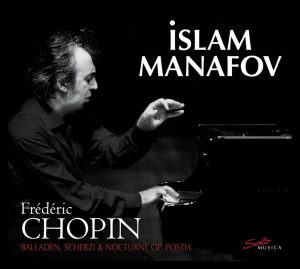
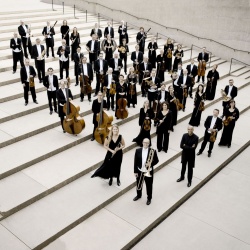 The Munich Symphony Orchestra – The Sound of Our City
The Munich Symphony Orchestra – The Sound of Our City
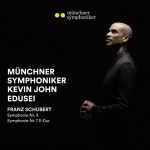
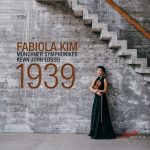
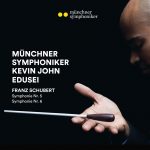
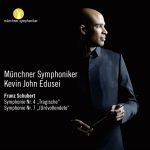

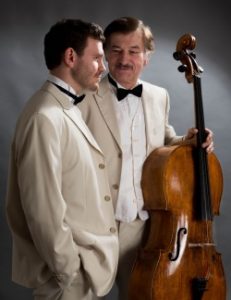 Reiner Ginzel
Reiner Ginzel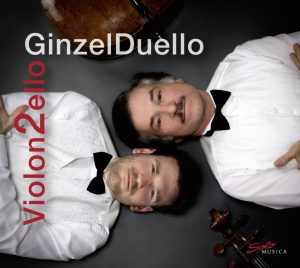
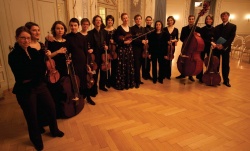 Im Jahr 2002 wurde das ZÜRCHER BAROCKORCHESTER von einer Gruppe junger Musikerinnen und Musiker ins Leben gerufen. Die ersten Projekte fanden in kammermusikalischer Besetzung statt – diese überschaubare Größe wie auch die Neugierde der Mitglieder schaffte einen idealen Rahmen zum Experimentieren und Ausprobieren. Nach dieser Aufbauphase wurde die Besetzung laufend vergrößert, so dass heute neben den weiterhin präsenten Kammermusikprojekten vor allem Orchesterkonzerte veranstaltet werden.
Im Jahr 2002 wurde das ZÜRCHER BAROCKORCHESTER von einer Gruppe junger Musikerinnen und Musiker ins Leben gerufen. Die ersten Projekte fanden in kammermusikalischer Besetzung statt – diese überschaubare Größe wie auch die Neugierde der Mitglieder schaffte einen idealen Rahmen zum Experimentieren und Ausprobieren. Nach dieser Aufbauphase wurde die Besetzung laufend vergrößert, so dass heute neben den weiterhin präsenten Kammermusikprojekten vor allem Orchesterkonzerte veranstaltet werden.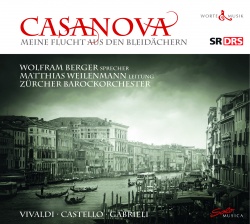
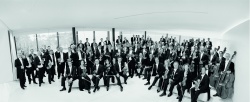 The Wiener Symphoniker handle the lion’s share of symphonic activity that makes up the musical life of the Austrian capital. The preservation of the traditional, Viennese orchestral sound occupies a central place in the orchestra’s various artistic pursuits. The end of the 19th century was precisely the right time to establish a new Viennese orchestra for the purpose of presenting orchestral concerts with broad appeal, on the one hand, and to meet the need for fi rst performances and premieres of contemporary works, on the other. In October 1900, the newly formed Wiener Concertverein, as it was called back then, gave its first public performance at the Vienna Musikverein with Ferdinand Löwe on the podium. The Wiener Symphoniker has premiered works that are now undisputed staples of the orchestral repertoire, including Anton Bruckner’s Ninth Symphony, Arnold Schönberg’s Gurre-Lieder, Maurice Ravel’s Piano Concerto for the Left Hand, and Franz Schmidt’s The Book with Seven Seals. Over the course of its history, conducting greats like Bruno Walter, Richard Strauss, Wilhelm Furtwängler, Oswald Kabasta, George Szell and Hans Knappertsbusch have left an indelible mark on the orchestra. In later decades, Herbert von Karajan (1950–1960) and Wolfgang Sawallisch (1960 –1970) were the Chief Conductors who moulded the sound of the orchestra most signify cantly. After the brief return of Josef Krips, the position of Chief Conductor was filled by Carlo Maria Giulini and Gennadij Roshdestvensky. Georges Prêtre was Chief Conductor from 1986 to 1991. Rafael Frühbeck de Burgos and Vladimir Fedoseyev then assumed leadership of the orchestra. Fabio Luisi accepted the position of Chief Conductor and Artistic Director at the start of the 2005– 06 season, his successor in 2014–15 will be Philippe Jordan. Leading lights who have enjoyed notable success as guests on the podium of the Wiener Symphoniker include Leonard Bernstein, Lorin Maazel, Zubin Mehta, Claudio Abbado and Sergiu Celibidache. The Wiener Symphoniker appears in more than 150 concerts and operatic performances per season, the vast majority of which take place in Vienna’s well-known concert venues, the Musikverein and the Konzerthaus. Since 1946, the Wiener Symphoniker has been the orchestra in residence at the Bregenzer Festspiele, where it also plays the majority of operatic and symphonic performances. The orchestra also took on a new challenge at the beginning of 2006: That’s when the Theater an der Wien became a functioning opera house again, and the orchestra has been responsible for a signficant number of productions ever since.
The Wiener Symphoniker handle the lion’s share of symphonic activity that makes up the musical life of the Austrian capital. The preservation of the traditional, Viennese orchestral sound occupies a central place in the orchestra’s various artistic pursuits. The end of the 19th century was precisely the right time to establish a new Viennese orchestra for the purpose of presenting orchestral concerts with broad appeal, on the one hand, and to meet the need for fi rst performances and premieres of contemporary works, on the other. In October 1900, the newly formed Wiener Concertverein, as it was called back then, gave its first public performance at the Vienna Musikverein with Ferdinand Löwe on the podium. The Wiener Symphoniker has premiered works that are now undisputed staples of the orchestral repertoire, including Anton Bruckner’s Ninth Symphony, Arnold Schönberg’s Gurre-Lieder, Maurice Ravel’s Piano Concerto for the Left Hand, and Franz Schmidt’s The Book with Seven Seals. Over the course of its history, conducting greats like Bruno Walter, Richard Strauss, Wilhelm Furtwängler, Oswald Kabasta, George Szell and Hans Knappertsbusch have left an indelible mark on the orchestra. In later decades, Herbert von Karajan (1950–1960) and Wolfgang Sawallisch (1960 –1970) were the Chief Conductors who moulded the sound of the orchestra most signify cantly. After the brief return of Josef Krips, the position of Chief Conductor was filled by Carlo Maria Giulini and Gennadij Roshdestvensky. Georges Prêtre was Chief Conductor from 1986 to 1991. Rafael Frühbeck de Burgos and Vladimir Fedoseyev then assumed leadership of the orchestra. Fabio Luisi accepted the position of Chief Conductor and Artistic Director at the start of the 2005– 06 season, his successor in 2014–15 will be Philippe Jordan. Leading lights who have enjoyed notable success as guests on the podium of the Wiener Symphoniker include Leonard Bernstein, Lorin Maazel, Zubin Mehta, Claudio Abbado and Sergiu Celibidache. The Wiener Symphoniker appears in more than 150 concerts and operatic performances per season, the vast majority of which take place in Vienna’s well-known concert venues, the Musikverein and the Konzerthaus. Since 1946, the Wiener Symphoniker has been the orchestra in residence at the Bregenzer Festspiele, where it also plays the majority of operatic and symphonic performances. The orchestra also took on a new challenge at the beginning of 2006: That’s when the Theater an der Wien became a functioning opera house again, and the orchestra has been responsible for a signficant number of productions ever since.